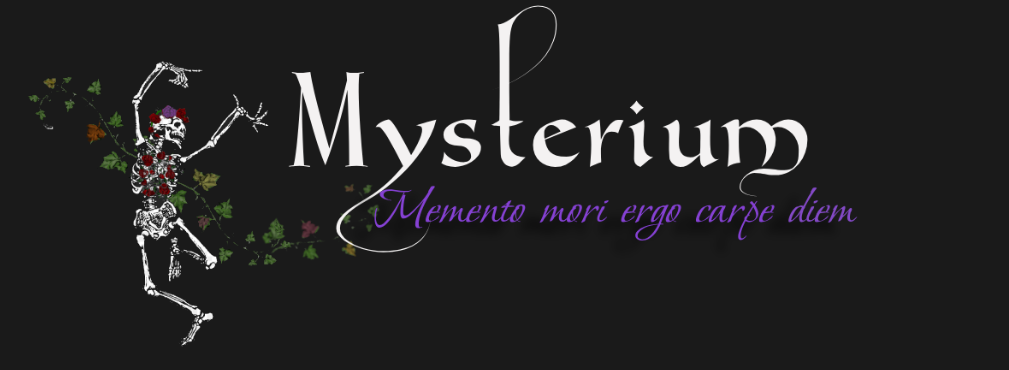“The Changing Face of Death: A Countercultural Perspective”
My new essay is now available via the Morbid Anatomy Online Journal. The essay explores how and why the personification of Death has been re-imagined in recent decades, and how that reflects deep cultural shifts regarding the concept of mortality: At a cultural moment when the traditional imagery of the Grim Reaper had largely given … Read more“The Changing Face of Death: A Countercultural Perspective”
